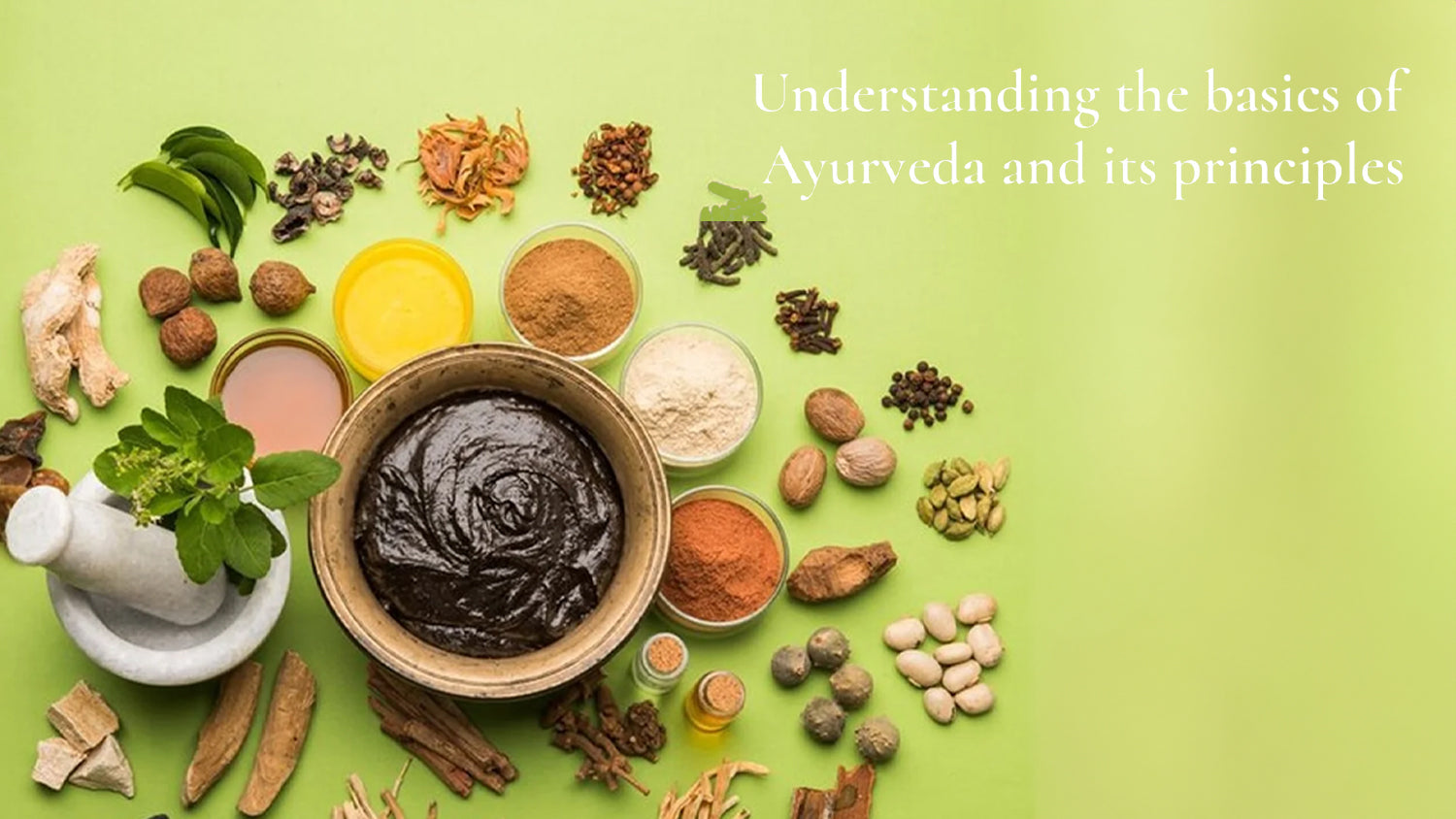Ayurveda is not just a few medicines or a few scriptures, but a holistic total lifestyle deeply involved with yoga, meditation, food habits and epigenetic social cultures. To follow our bliss and dive deeply into the mysteries of fragrance, color, and taste; blend with the magnificent diversity of mother nature; and follow the inner signs to become aware of who we really are - is the Alchemy of Ayurveda.
The history of Ayurveda dates back to the 2nd century BC. The ancient schools of Hindu philosophy known as Vaisheshika and the school of logic known as Nyaya formed the groundwork for ayurveda. It was founded at the same time as the Nyaya and Vaisheshika schools of thought, and it is connected to the manifestation framework known as Samkhya.
The ancient Ayurvedic doctors understood the need of maintaining the union of the mind and body and provided techniques for people to recall and care for the more subtle components of our humanity. Ayurveda seeks to heal the fragmentation and disorder of the mind-body complex and restore wholeness and harmony to all people. Ayurveda is more life and health-oriented than disease and treatment-oriented. It gives a holistic view of overall health and presents a complete life science. One of the oldest medical disciplines in the world is ayurveda.
Ayurveda has eight major clinical specialties since ancient times- Kaya Chikitsa (Medicine), Shalya Tantra (Surgery), Shalakya Tantra (Branch of Eye, Ear, Nose, and Throat), Kaumarabhritya (Paediatrics, Obstetrics, and Gynaecology), Graha Chikitsa or Bhoot Vidya (Psychiatry), Agada Tantra (Toxicology), Rasayana (Nutrition, Rejuvenation, and Geriatrics), Vajikarana (Aphrodisiacs).
Ayurveda has several other branches like Dravyaguna (Materia Medica of Ayurveda), Rasa Shastra (Science of minerals & Vedic Chemistry), and Panchkarma, etc. dealing with all the aspects of life from grass level to subtle level. Ayurveda focuses on two goals: first, maintaining the health of healthy people (preventive), and second, treating unwell people's symptoms (curative). Preventive actions thus take precedence in Ayurveda, indicating the need of adopting healthy eating and lifestyle practices.
The following are some of the fundamental tenets of Ayurveda:
The Five Elements
According to Ayurveda, the cosmos is made up of the five elements of earth, water, fire, air, and ether. It is thought that everything in the universe, including the human body, is built upon these elements. These five elements referred to as Pancha Mahabhoota in Ayurveda are believed to form the three basic humors of the human body in varying combinations.
The Three Doshas
Ayurveda divides the human body into three doshas, or energy types - Vata, Pitta, and Kapha. These doshas govern all physical and mental processes in the body and determine a person's physical and emotional characteristics. Each person has a unique combination of the three doshas, which can change over time based on environmental factors and lifestyle choices.
Vata is associated with the elements of air and ether and is responsible for movement in the body. People with a Vata dominant constitution tend to be thin, energetic, and creative. They may experience anxiety, insomnia, and digestive issues when out of balance.
Pitta is associated with the elements of fire and water and is responsible for digestion and metabolism. People with a Pitta dominant constitution tend to be medium build, ambitious, and goal-oriented. They may experience heartburn, acid reflux, and skin issues when out of balance.
Kapha is associated with the elements of earth and water and is responsible for stability and structure in the body. People with a Kapha dominant constitution tend to be larger build, calm, and nurturing. They may experience sluggishness, weight gain, and respiratory issues when out of balance.
The Importance of Digestion
Ayurveda places great importance on digestion, as it is believed that good digestion is essential for good health. A healthy digestive system helps to eliminate toxins from the body and promotes overall well-being. Ayurveda recommends eating a diet that is suited to one's dosha type, as different foods can affect the doshas in different ways. For example, spicy foods can aggravate Pitta, while cold foods can aggravate Vata.
Digestion is given a lot of weight in Ayurveda since it is thought that healthy digestion is necessary for optimal health. A strong digestive system aids in the body's detoxification process and fosters general wellness.
Individualized Care
According to Ayurveda, each patient is unique and needs a customized treatment plan depending on their dosha type, age, gender, and other considerations.
Ayurveda adopts a holistic approach to health, emphasizing the whole person rather than just the outward signs of a condition. It emphasizes how crucial it is to develop harmony between the mind, body, and spirit in order to achieve maximum health and wellness.
Natural Treatments: Ayurveda treats a range of medical issues with natural treatments such herbs, spices, and oils. These treatments are thought to be secure and efficient since they support the body's natural healing processes.
"Ayurveda teaches us to cherish our innate nature, to love and honor who we are." This quote emphasizes the importance of understanding our individual body types, or doshas, and working with them to achieve optimal health. Ayurveda recognizes that each person is unique and requires individualized treatment.
"The mind is everything. What you think, you become." - Buddha
Ayurveda places great importance on mental health and well-being. It recognizes that the mind and body are interconnected, and that our thoughts and emotions can impact our physical health.
Ayurveda is a highly valued and respected system of medicine that has been used for thousands of years. Its principles of balance and harmony offer a holistic approach to health and well-being that is increasingly relevant in today's world. The importance of Ayurveda lies in its ability to provide personalized treatment plans based on a person's unique constitution, and its emphasis on natural remedies that promote healing without harmful side effects. As more people turn to alternative forms of medicine, Ayurveda is proving to be a valuable and effective tool for achieving optimal physical, mental, and spiritual health.


